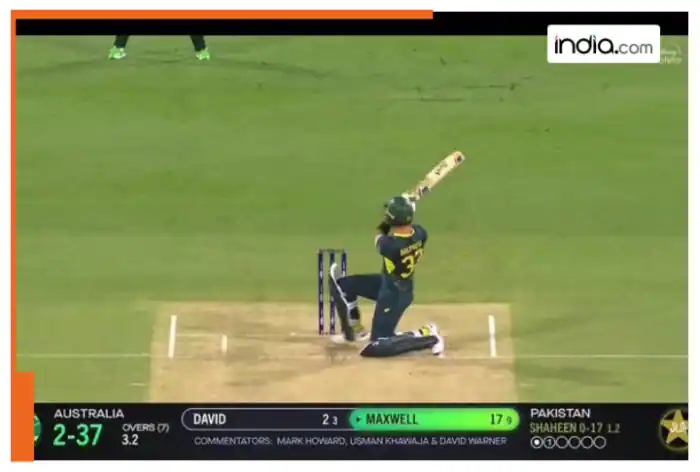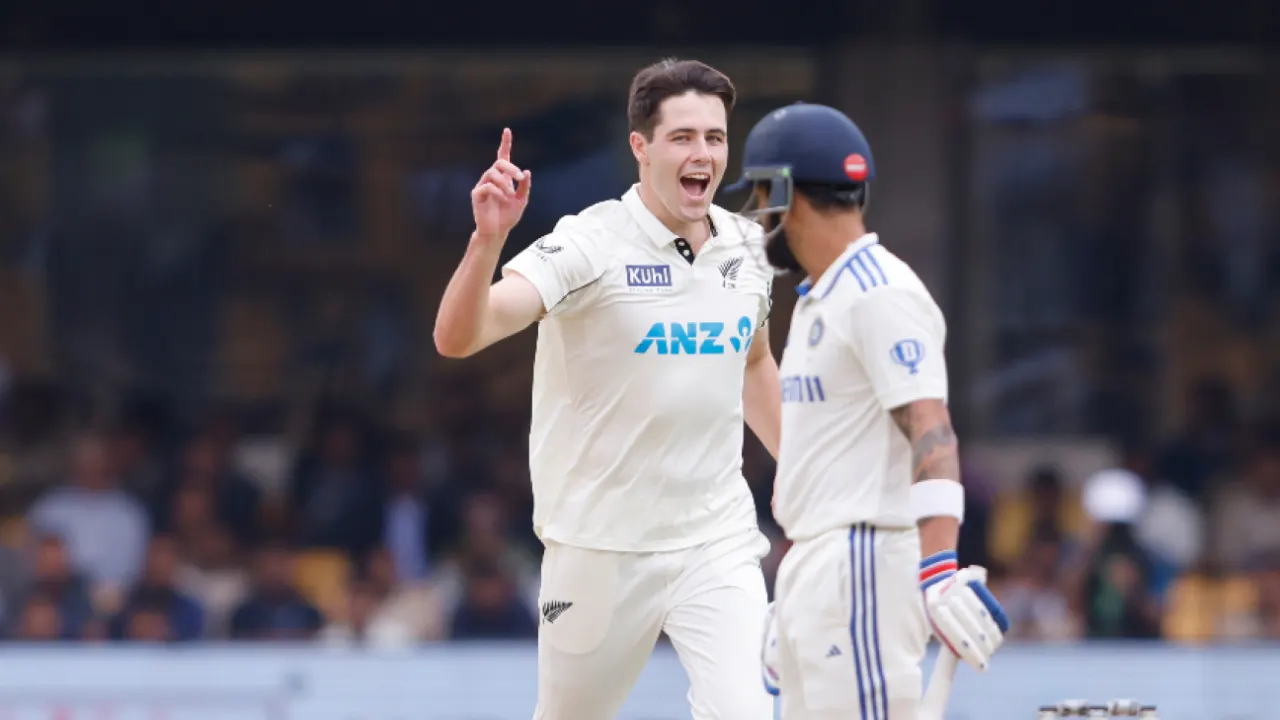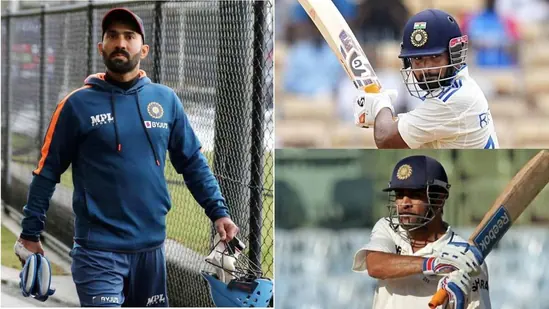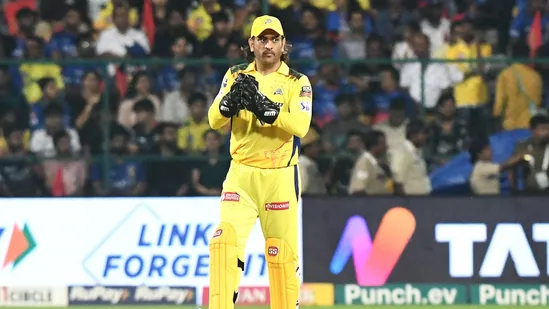Coaching Teachers: ECB's initiative to strengthen cricket in secondary schools
Under plans unveiled by the ECB, secondary-school teachers will undergo training to become certified cricket coaches, with the goal of increasing participation levels in the sport within state-sector education.

The initiative was announced at Lord's on Wednesday as part of an update to the ECB's Inspiring Generations strategy, following on from last year's Independent Commission for Equity in Cricket (ICEC) report.
Although more than 93% of British children are educated in the state sector, the ICEC report found that privately educated pupils were 13 times more likely to play professional cricket, and that 58% of the England men's team in 2021 had attended fee-paying schools.
Related
ECB issues 'unreserved apology' as ICEC report reveals deep-rooted discrimination within English cricket
Anderson backs ECB plans to make cricket 'most inclusive team sport'
Women's domestic players to be granted basic salary equality from 2025
After several years spent re-establishing links with primary-school education, principally through the Chance to Shine charity which has introduced more than 7 million children to cricket since it was launched in 2005, the ECB is now aiming to support cricket provision in 500 state secondary schools by 2030, with up to £26 million earmarked for the improvement of state facilities in 16 towns and cities.
The ECB also plans to reinforce that primary-school link by providing free cricket for 3.5 million pupils over the next six years, while further measures include restructuring cricket's talent pathway to improve the flow of state-school players into county age-group programmes.
There is also a pledge to support 70 players per year at the South Asian Cricket Academy - the initiative set up by Dr Tom Brown in 2021 and which last month saw Jafer Chohan become its first graduate to reach an England senior squad - as well as 21,000 young people over the next three years at the African Caribbean Engagement (ACE) programme.
The strategy document is intended to cover planning up to the end of 2028, which includes the ECB's hosting of the Women's World Cup in 2026, as well as men's and women's home Ashes series in 2027, and the return of the sport to the Olympics in Los Angeles in 2028.
"Today's announcements are the roadmap for where we will take cricket over the course of the next four years," Richard Gould, chief executive of the ECB, said. "The delivery of our strategy and positive change in the sport is the responsibility of all of us, led by the ECB to set out how this change will happen."
Many of the ECB's measures have been accelerated by the criticisms laid out in the ICEC report, which castigated English cricket for its failings on the grounds of racism, classism and sexism. However, Clare Connor, the deputy chair, insisted that the overall aim, of becoming the most inclusive sport in the country, had been in train even before the commission's findings had laid out the urgency of the work.
"The first iteration of Inspiring Generations [published in 2019] had inclusion at its heart," Connor said. "We were always on the journey towards closing the gender gap and other equity gaps in the game, but I think the [ICEC] report has turbo-charged that work, and shone a mirror up to the whole game.
"It's united everyone behind that vision, and it's been great to be able to reflect on that progress one year on. We've delivered on about 60% of the recommendations after one year, and we're heartened by some of the things that we've been able to change really quickly. It hasn't always been easy or possible, but the ICEC report and the scrutiny across cricket has galvanised the game."
Although the ECB pushed back on the ICEC's recommendation that domestic pay should be equalised across the sexes by 2029 in domestic cricket and 2030 at international level, the board did announce equal match fees for men and women's international matches in September last year, while last month it was confirmed that rookie contracts in domestic cricket from 2025 onwards would be worth £20,000 for both sexes - an initiative that will include the top two tiers of the relaunched women's county competition.
"Thanks to the new [women's] structure, there'll be more opportunities through the talent pathway as well, so it's about working out how that base can be as broad as possible," Connor added. "We don't know how long it will take us to get absolute parity at the top, and it almost certainly won't be in the years that the ICEC suggested. But we are confident that that level of remuneration makes cricket a very attractive proposition for a sporty girl. Then, it's about making sure that she can get the opportunity to find a way through to that top echelon."
The ECB's plans, however, could face a snag as they wait to see whether they will receive the £35 million investment into the sport's grassroots that was last year promised by the former prime minister, Rishi Sunak, but is currently subject to the spending review being conducted by the recently elected Labour government.
ECB officials met with the sports minister, Lisa Nandy, in Barnsley next week, and remain hopeful that the prospect of the women's World Cup in particular will encourage the government to carry through with that investment, which had been targeted at selected charities such as Chance to Shine, Lord's Taverners and ACE.
"There's lots that we won't be able to do to the degree that we would have wanted, if we don't get the money," Connor added. "We're hoping to build as much cricket affinity with the new government, and see where we get to, probably by the spring."
RELATED STORIES





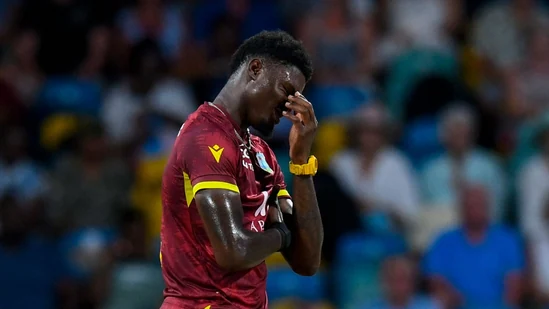
LATEST NEWS
